As colorful toy capsules spin in glass displays at a Beijing Pop Mart store, Rachel, a local enthusiast, describes the thrill of unboxing a rare Labubu figure: "It’s like holding a tiny piece of art that connects me to fans worldwide." This sentiment now echoes across the Pacific, with Pop Mart recently claiming the #1 spot on Apple’s US App Store charts—a milestone for China’s homegrown collectible craze.
Founded in 2010, Pop Mart transformed from a niche Beijing retailer into a $15 billion global phenomenon by blending art, mystery, and pop culture. Characters like the wide-eyed Skullpanda and mischievous Labubu have become social media stars, driving sales through "blind box" purchases where buyers don’t know which design they’ll receive.
"These aren’t just toys—they’re cultural ambassadors," says market analyst Li Wei. "Pop Mart’s US app success shows how Chinese brands are redefining global consumer trends through digital engagement and artistic collaboration." The company now operates over 400 stores worldwide, with 35% of revenue coming from overseas markets.
For investors, Pop Mart’s rise highlights China’s growing soft power in lifestyle sectors. Meanwhile, Asian diaspora communities increasingly view such brands as bridges between their heritage and global identities. As Pop Mart plans new stores in Southeast Asia and Europe, its journey from Beijing mall staple to international phenomenon offers fresh insights into cross-cultural commerce.
Reference(s):
cgtn.com
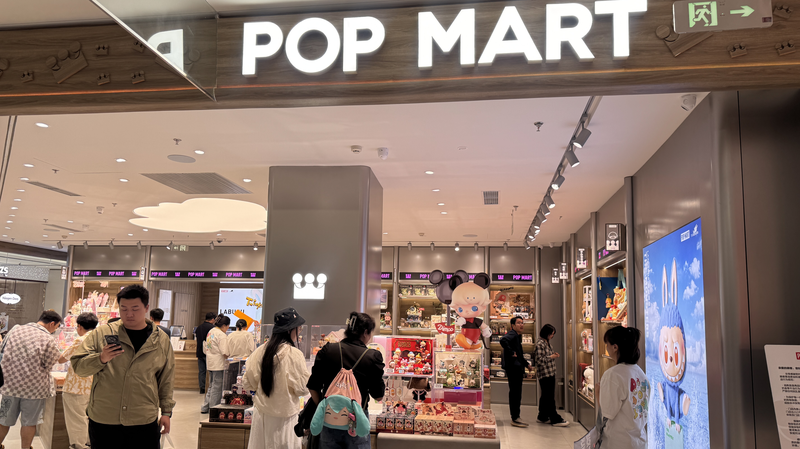
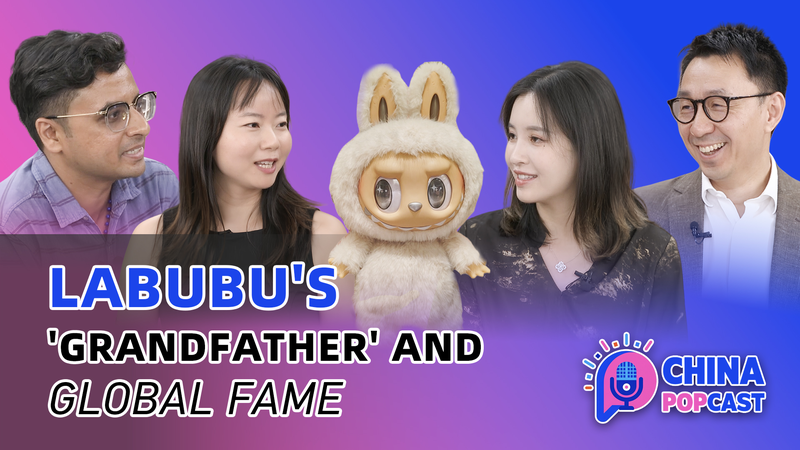
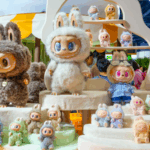
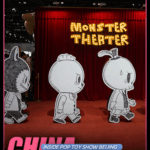
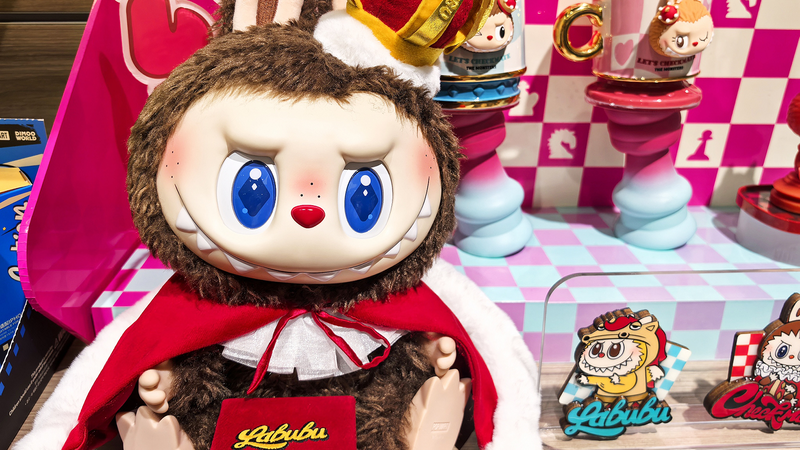
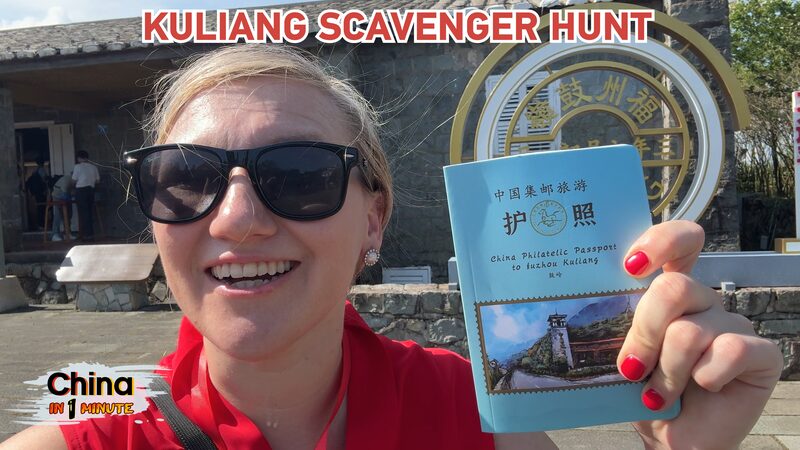
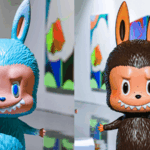
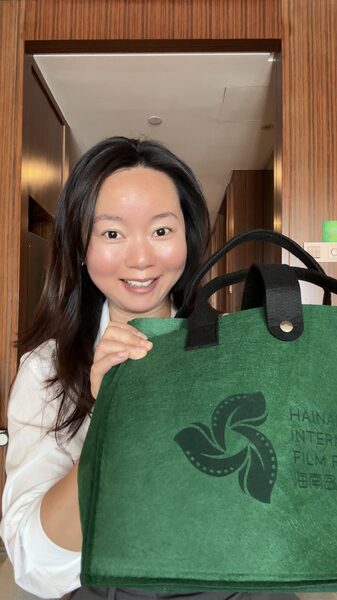
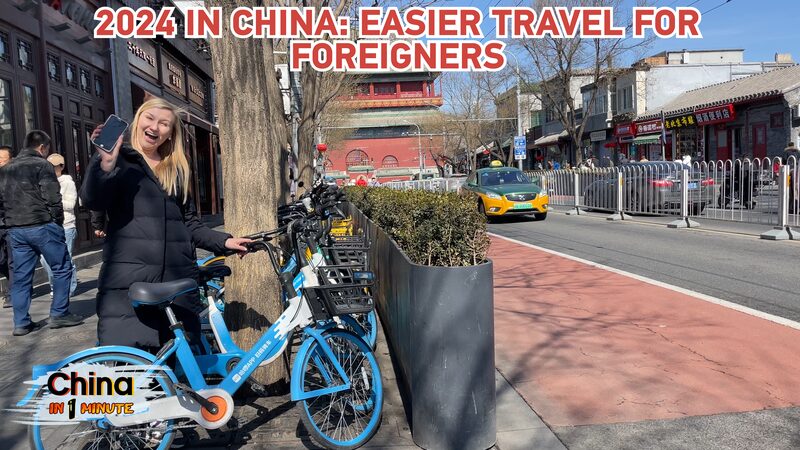
When some one searches for his essential thing, therefore he/she desires to be available that in detail,
so that thing is maintained over here.